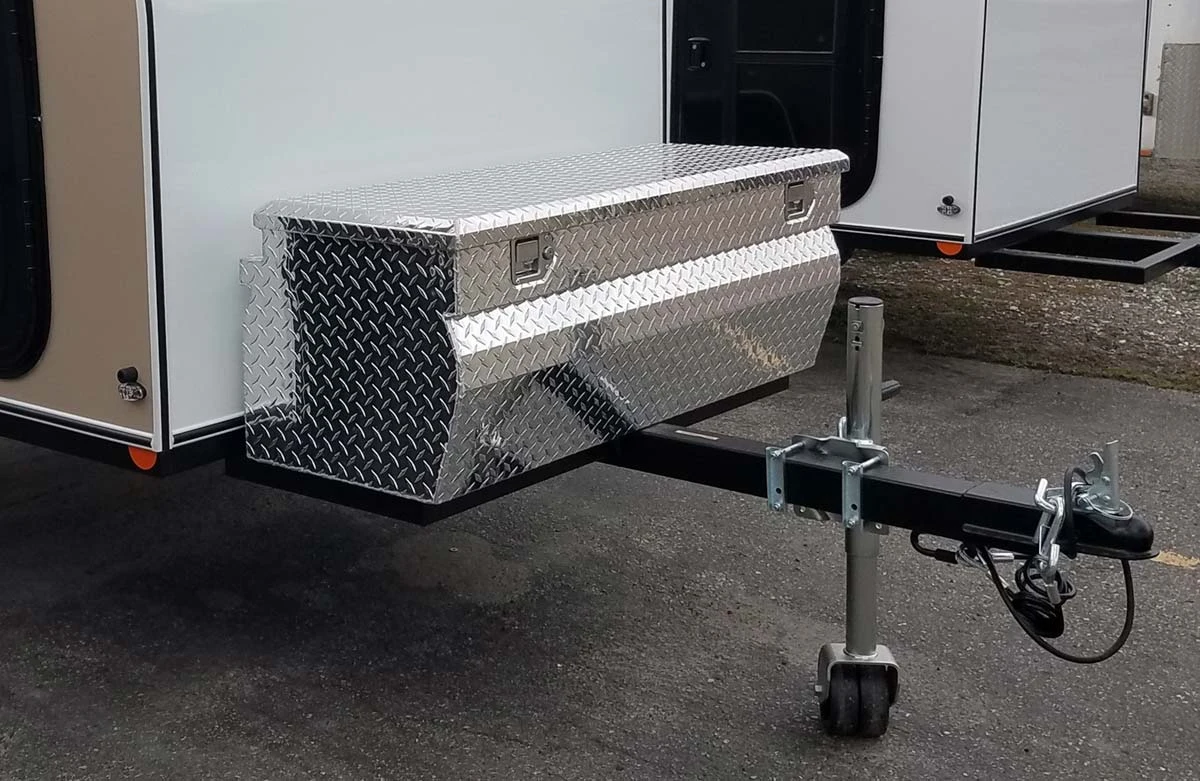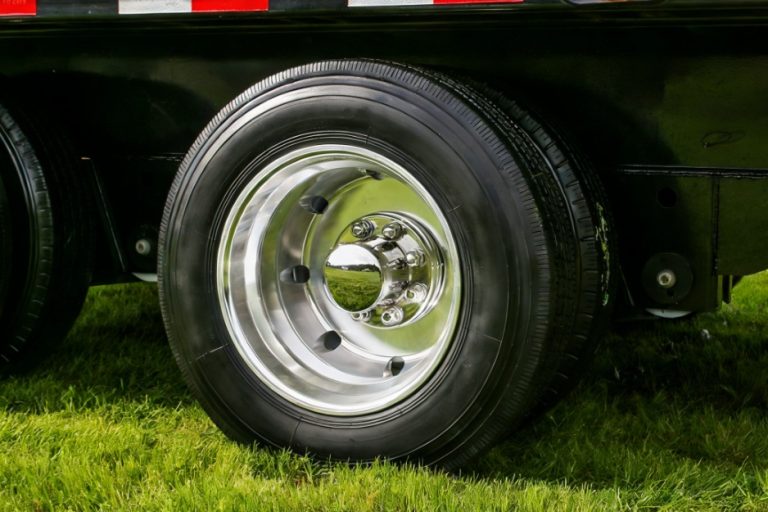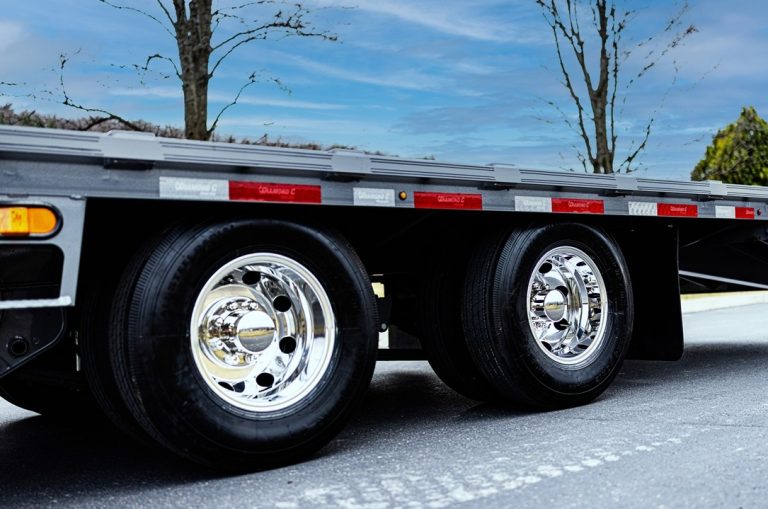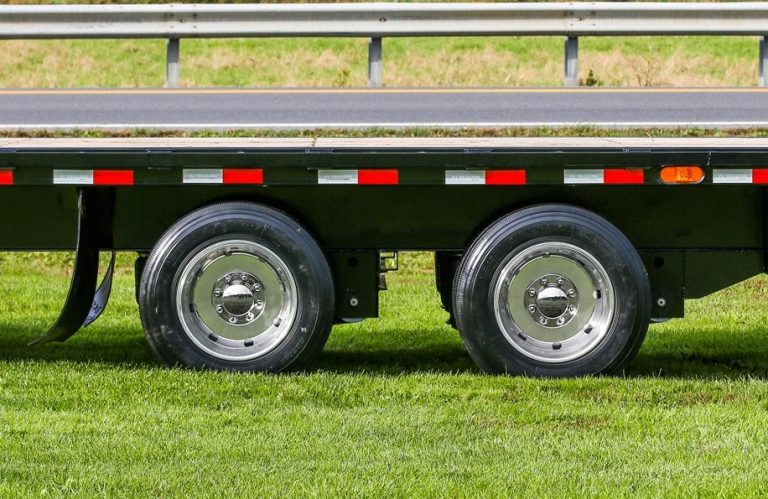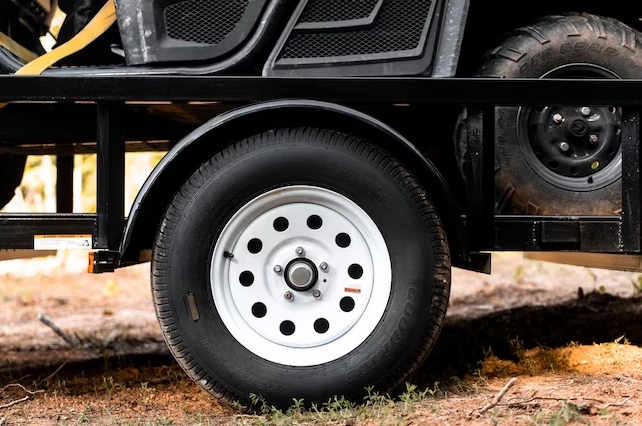Towing a trailer is a super fun way to go camping with an RV or haul stuff. But you need to know about trailer tongue weight to stay safe. This is the push-down force your trailer’s tongue puts on your vehicle’s hitch. Getting it right stops your trailer from wobbling. It also keeps your vehicle happy.
In this guide, we’ll talk about trailer tongue weight. We’ll look at how much weight different hitches can handle. Plus, we’ll share easy tips to tow like a champ. Whether you’re a new RVer or a pro, this article helps you pick the right hitch and manage trailer tongue weight the smart way.
Why trailer tongue weight Is a Big Deal
trailer tongue weight is the force your trailer’s tongue puts on the hitch ball. Experts say it should be 10–15% of the trailer’s total weight (called GTW) for most trailers. For fifth-wheel or gooseneck trailers, it’s 15–25%. Too little weight makes your trailer sway side-to-side. That’s hard to control. Too much weight pushes too hard on your vehicle’s back. That messes up steering and brakes. Getting trailer tongue weight right keeps towing steady and safe.
How Tongue Weight Helps Safe Towing
trailer tongue weight changes how your vehicle drives when towing. The right weight keeps the trailer level. It also lowers stress on your vehicle. For example, if your trailer weighs 6,000 pounds, the tongue weight should be 600–900 pounds. Get it wrong, and your trailer might wobble. Or your vehicle could get hurt. Knowing what hitches can handle helps you match your setup to your towing job.
How to Check trailer tongue weight
Checking trailer tongue weight is easy with the right stuff. Here are three ways to do it:
- Tongue Weight Scale: This is a special scale for trailers. Put it under the trailer jack at towing height. Then read the weight.
- Bathroom Scale Trick: For light trailers (under 300 pounds tongue weight), put a bathroom scale on a box. Set the trailer coupler on it. Take the number. For heavier trailers, use a board and pipe to triple the scale’s number.
- Vehicle Scale Way: Weigh your vehicle alone. Then weigh it with the trailer hooked up (trailer wheels off the scale). Subtract the vehicle-only weight to get the tongue weight.
Always check with a fully loaded trailer. Do it before every trip. Cargo can move and change the weight.
Types of Trailer Hitches and Their Tongue Weight Limits
Different hitches handle different trailer tongue weight amounts. It depends on their class and how they’re made. Picking the right hitch keeps your setup safe. Below, we list the main hitch types. We’ll talk about their weight limits and what they’re best for, like RVs or heavy gear.
Class I and II Hitches: Small and Light Towing
Class I and II hitches are great for small trailers. Think utility trailers or light RVs. They use a 1-1/4″ receiver.
Clase I:
- Tongue Weight Limit: Up to 200 pounds.
- Total Trailer Weight (GTW): Up to 2,000 pounds.
- Mejor para: Small cargo carriers, bike racks, or tiny campers.
- Ejemplo: Towing a small boat or a trailer for yard tools.
Clase II:
- Tongue Weight Limit: Up to 350 pounds.
- GTW: Up to 3,500 pounds.
- Mejor para: Small RVs, jet skis, or medium trailers.
- Ejemplo: Hauling a pop-up camper for a fun weekend.
Clase III:
- Tongue Weight Limit: Up to 600–750 pounds (1,000 pounds with weight distribution).
- GTW: Up to 6,000 pounds (10,000 pounds with weight distribution).
- Mejor para: Medium RVs, boats, or utility trailers.
- Ejemplo: Towing a travel trailer for a road trip.
Class IV:
- Tongue Weight Limit: Up to 1,000–1,200 pounds (1,400 pounds with weight distribution).
- GTW: Up to 10,000 pounds (14,000 pounds with weight distribution).
- Mejor para: Big RVs, car haulers, or heavy trailers.
- Ejemplo: Hauling a car trailer for a car show.
These hitches fit full-size SUVs, pickup trucks, or vans. Weight distribution systems make them even stronger. They’re great for RV fans.
Class V Hitches: Super Heavy Towing
Class V hitches are built for big jobs. They’re used for heavy RVs or work trailers. They come in 2″ or 2-1/2″ receivers. Some have 3″ receivers for special setups.
- Tongue Weight Limit: Up to 1,200–2,700 pounds.
- GTW: Up to 12,000–20,000 pounds (17,000 pounds with weight distribution).
- Mejor para: Heavy RVs, toy haulers, or work trailers.
- Ejemplo: Towing a big RV for a long camping trip.
These hitches go on heavy-duty trucks. You need to watch the trailer tongue weight closely to stay safe.

Fifth-Wheel and Gooseneck Hitches: Big RV Towing
Fifth-wheel and gooseneck hitches are for large RVs and heavy trailers. They hook up in a truck’s bed for awesome steadiness.
Fifth-Wheel Hitches:
- Pin Weight Limit: 1,950–3,250 pounds (15–25% of GTW).
- GTW: Up to 30,000 pounds.
- Mejor para: Big RV campers or semi-trailers.
- Ejemplo: Towing a fancy fifth-wheel RV for a family trip.
Gooseneck Hitches:
- Pin Weight Limit: 1,500–3,000 pounds (15–25% of GTW).
- GTW: Up to 30,000 pounds.
- Mejor para: Heavy RVs, horse trailers, or flatbeds.
- Ejemplo: Hauling a horse trailer for a farm trip.
These hitches need a truck with a bed setup. They’re perfect for heavy RV towing.
Comparison Table: Trailer Hitch Classes and Weight Limits
| Hitch Class | Tongue/Pin Weight Limit | Total Trailer Weight (GTW) | Mejor para |
| Clase I | Up to 200 pounds | Up to 2,000 pounds | Small trailers, bike racks |
| Clase II | Up to 350 pounds | Up to 3,500 pounds | Small RVs, jet skis |
| Clase III | 600–1,000 pounds | 6,000–10,000 pounds | Medium RVs, boats |
| Class IV | 1,000–1,400 pounds | 10,000–14,000 pounds | Big RVs, car haulers |
| Class V | 1,200–2,700 pounds | 12,000–20,000 pounds | Heavy RVs, toy haulers |
| Fifth-Wheel | 1,950–3,250 pounds | Up to 30,000 pounds | Big RV campers |
| Cuello de cisne | 1,500–3,000 pounds | Up to 30,000 pounds | Heavy RVs, horse trailers |
Tips to Handle trailer tongue weight
To keep trailer tongue weight in the safe 10–15% range (or 15–25% for fifth-wheel/gooseneck), try these tips:
- Load Smart: Put heavy stuff near the trailer’s front, just before the axle. This adds tongue weight. Don’t pile too much in the back.
- Use a Weight Distribution Hitch: For Class III and up, these spread weight across your vehicle and trailer. This makes towing smoother.
- Comprobar a menudo: Cargo can move while you drive. Check trailer tongue weightbefore big trips or when you change loads.
- Get Stronger Parts: If your tongue weight is too high for your hitch, get a stronger hitch or better axles.
Smart loading and regular checks keep your setup safe and steady.
Why Go Trailer Is Awesome
When you need trusty towing gear, Remolque is a great pick. They’re based in Qingdao, China. They’ve made trailer parts for over 15 years. Their stuff includes Adjustable Ball Coupler (2-5/16″ Ball, 7,000 lbs) y A-Frame Coupler (2″ Ball, 5,000 lbs). They use cool tools like CNC machines and laser cutters. Their couplers have rust-proof coatings like zinc or paint. RV fans and pro towers in the US love Remolque. Their parts are strong and don’t cost too much. Check out at Remolque for their couplers and other gear.
Prepárate para un remolque seguro
Want to tow without worry? Start by checking your trailer tongue weight. Pick a hitch that fits your trailer’s needs. Whether it’s a small camper or a big RV, the right hitch and smart weight management make towing easy. Look at your vehicle’s manual. Load your trailer carefully. Get quality parts from brands like Remolque. Hit the road knowing you’re safe. Start exploring towing gear today. Plan your next trip!
FAQs About trailer tongue weight
Q1: What’s trailer tongue weight, and why does it matter?
A: trailer tongue weight is the push-down force your trailer’s tongue puts on the hitch. It matters because it keeps towing steady. Too little weight (under 10% of GTW) makes the trailer wobble. Too much (over 15%) hurts your vehicle’s back. Keep it at 10–15% for safe towing.
Q2: How do I check trailer tongue weight at home?
A: Use a tongue weight scale under the trailer jack. Or try a bathroom scale on a box for light trailers. Set the coupler on it. For heavy trailers, use a board and pipe to triple the scale’s number. Always check with a loaded trailer.
Q3: Can a low-class hitch tow a heavy trailer?
A: No. Class I or II hitches handle small trailer tongue weight (200–350 pounds). Heavy trailers need Class III, IV, or V hitches. Or try fifth-wheel or gooseneck for big weights (up to 2,700 pounds or more). Check your hitch and vehicle limits.
Q4: Does a weight distribution hitch lower trailer tongue weight?
A: No. It doesn’t cut trailer tongue weight. It spreads the weight across your vehicle and trailer axles. This helps with balance and driving. Your hitch still needs to handle the full tongue weight.
Q5: How often should I check trailer tongue weight?
A: Check trailer tongue weight before big trips or when you change cargo. Stuff like water tanks or gear can shift the weight. Checking often keeps your towing safe in the 10–15% range.


